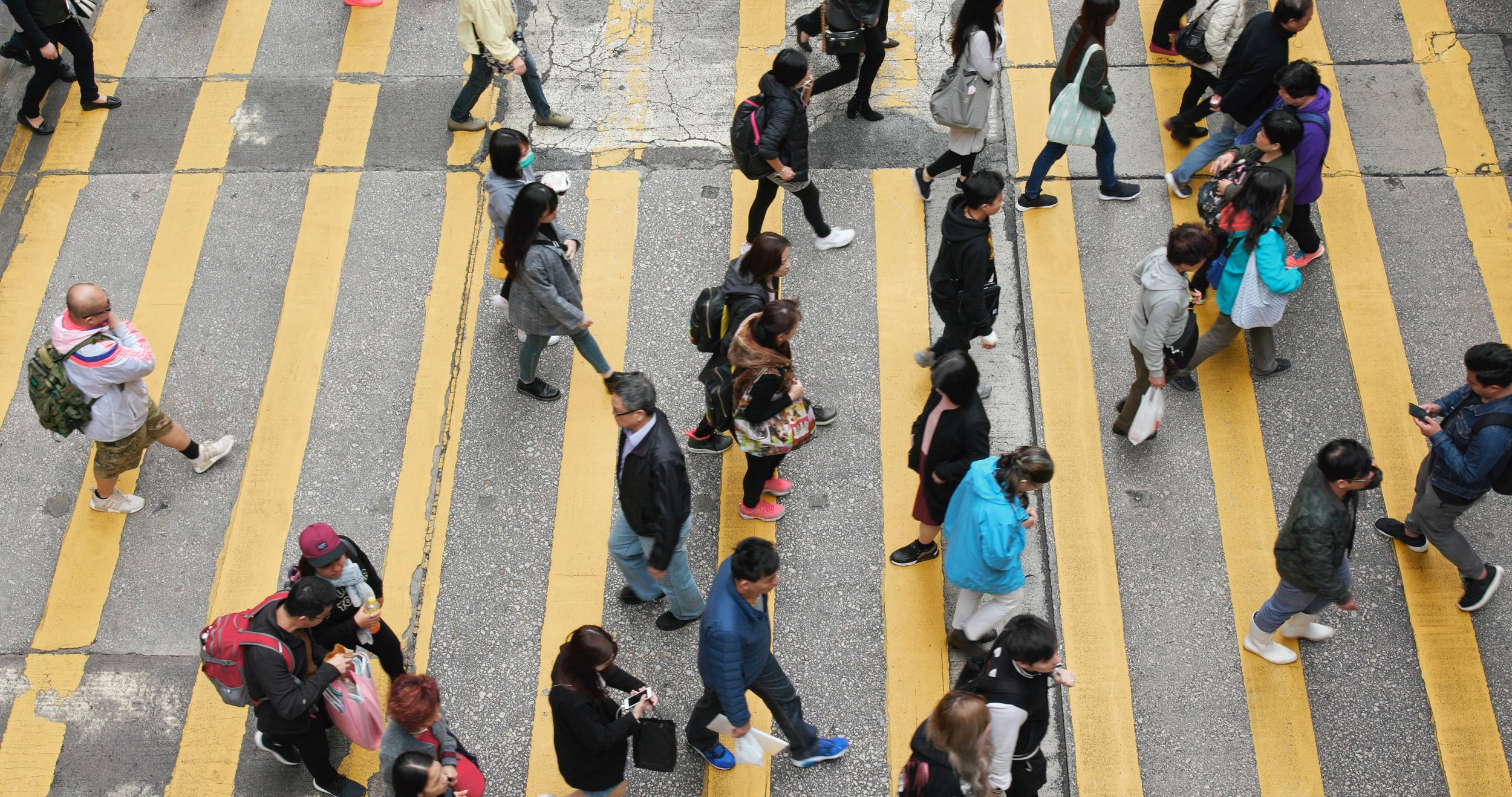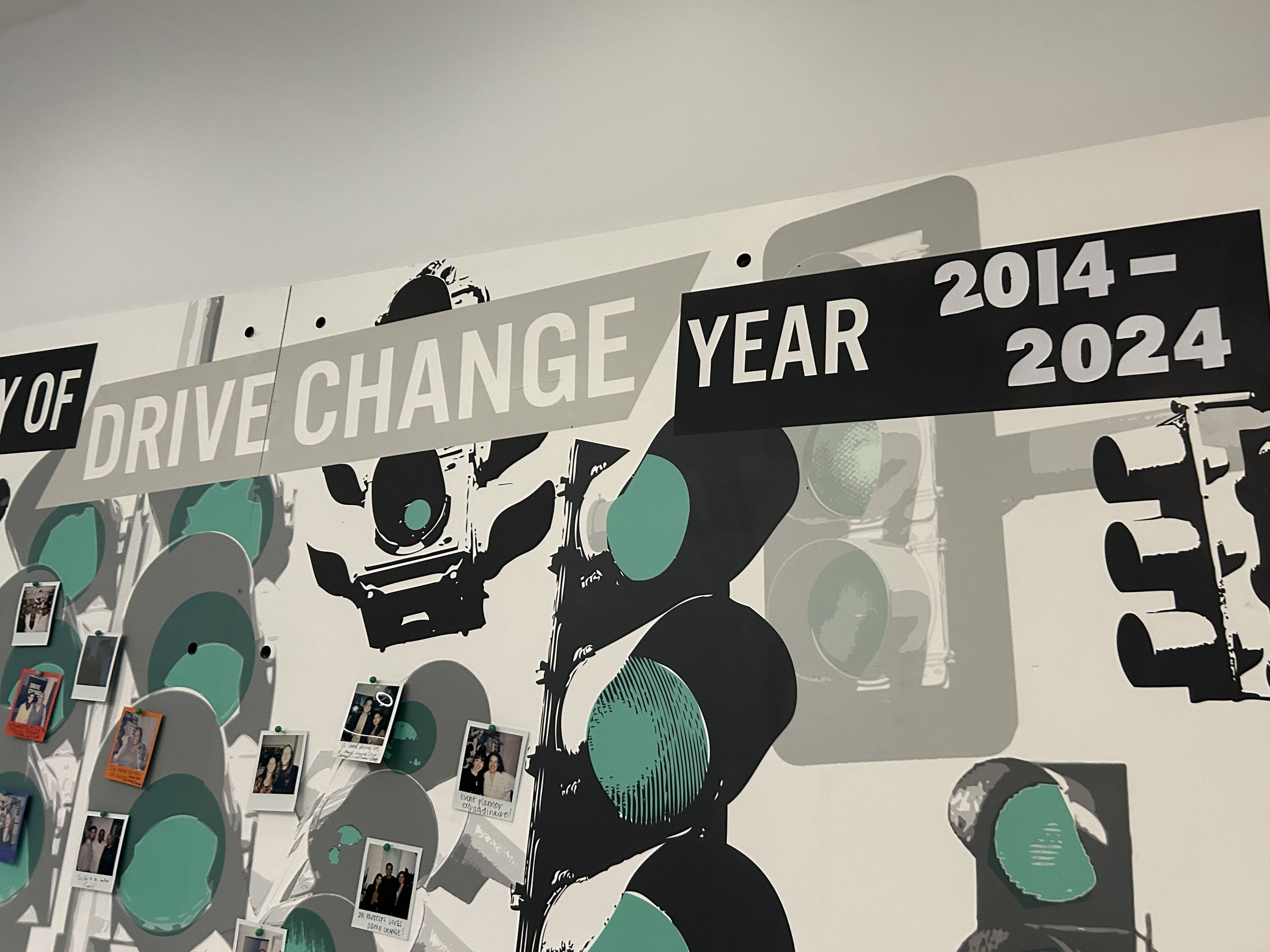BLOG
Institute Intelligence
Insights, case studies, news, and updates from ISLG’s good governance research and action.
CUNY ISLG & NYC Opportunity Launch Grassroots Policy Incubator for Local Leaders to Address Challenges in their Community
Up to three grassroots leaders or community organizations will be awarded $40K and participate in a six-month policy incubation process to develop solutions to policy gaps or challenges facing NYC communities.
From Calls for Service to Sentencing, New Snohomish County Dashboard Breaks Down Criminal Legal System Data Siloes
For the first time in Snohomish County’s history, this collective data allows for a holistic picture of the functioning of the local criminal legal system, from the point of initial contact with law enforcement through the disposition of a case.
Mayor’s Office of Criminal Justice & CUNY ISLG Announce $6.5 Million Investment in Restorative Justice Programming at 16 Community-Based Organizations Across NYC
Initial funding for restorative justice programs is part of $16.5 million multiyear initiative.
Using Action Research to Transform Probation
Action research is a form of inquiry that emphasizes collaboration between researchers and practitioners to solve real-world problems. CUNY ISLG intentionally chose this model for probation reform to maximize the relevance and applicability of Reducing Revocations Challenge research to conditions on the ground, and ensure practical solutions that could drive real change.
Looking Beyond Rhetoric, Data Show Efforts to Create a More Just Criminal Legal System are Working – Safely
These findings provide evidence that advancing equitable and thoughtful criminal legal reform is possible without compromising safety to the community.
Meet CUNY ISLG’s 2024 Public Policy Pathways Interns
The PPPI brings together students from across CUNY schools, fields of study, and degree programs to be a part of the work CUNY ISLG researchers, policy administrators, data scientists, and budget experts are doing in New York City and across the country.
Snohomish County Launches Law and Justice Dashboard, Developed with CUNY ISLG
The Law and Justice Dashboard, developed for Snohomish County in partnership with CUNY ISLG, is one of the first in the nation to combine both law enforcement and prosecutor data to provide users a better understanding of affected persons’ involvement in the law and justice system.
Safety, Justice & Research: Tapping into a Decade’s Worth of Criminal Legal Reform Research
In 2023, we began leading an entirely new work stream in partnership with the MacArthur Foundation and its affiliates to review and summarize lessons learned from across SJC-funded research projects and initiatives. The goal of this SJC synthesis work is to tap into our unique bird’s eye view to identify issues within the SJC research priorities that inform our work and the field at large.
Achieving Racial Equity and Improving Culture in Jails Using a Community-Engaged Quality Improvement Process
As part of its efforts to lower jail populations across America and address racial disparities in the criminal justice system, the Safety and Justice Challenge recently funded a project examining racial disparities within a county jail. The resulting report presents an approach that can build greater racial equity within jail settings.
Institute Intelligence, Spring 2024: College in prison, reflecting on reform, and more
We’ve put together a snapshot of the work we’ve done and are doing toward our goals of advancing justice, promoting opportunity, and optimizing state and local governments across the country.
Drive Change: Building a More Just Hospitality Sector
Based in Brooklyn, Drive Change is connecting system-involved young people with career pathways in the food industry, while also seeking to change how that industry operates, representing a step forward and a model for the field.
WATCH: Criminal Legal Reform in New York, Five Years In
The talk series brought together researchers and on-the-ground stakeholders from across the criminal legal field—including advocates, prosecutors, defense attorneys, judges, and service providers—to reflect on New York’s sweeping changes to its criminal legal system, five years after the legislation has passed.











